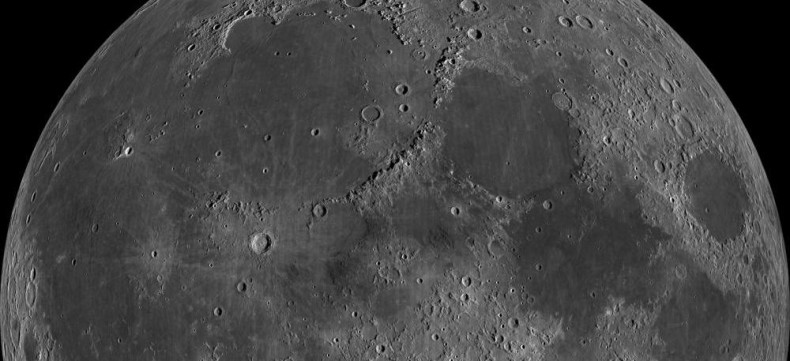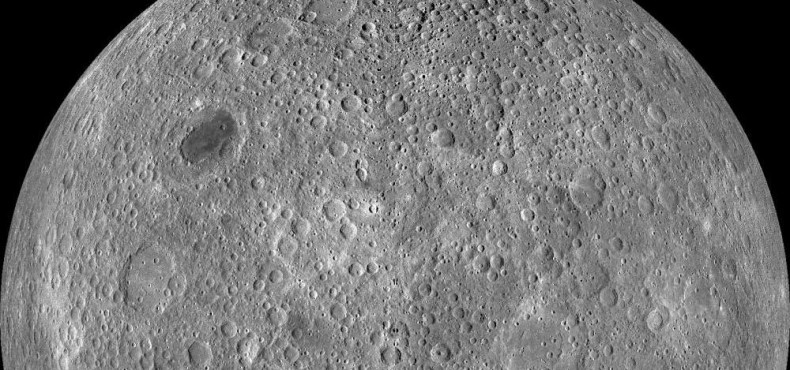 I’ll go home tonight, I’ll open the front door, I’ll yell, “Hey sweetie, hi!” Then Sweetie will yell, “Hello, young Ann.” I’ll look at the mail, then I’ll yell again, “Did you pick up the salmon?” And he’ll say, “Yep, it’s in the refrigerator.” And then I’ll look over the mail and start to throw away the junk and he’ll come downstairs and say, “Don’t throw away anything with my name on it,” and I’ll say, “But it’s junk and it just sits around for days,” and he’ll say, “I want to look at it.” So I’ll put it on the hall table where it will sit around for days, and then I’ll go into the kitchen and start dinner, and I’ll say, “Can you come peel some onions?” And he’ll come peel the onions, and I’ll say, “How was your day?” and he’ll say, “Fine. The replacement brakes haven’t come in yet.” And I’ll say, “I wrote New Scientist again about getting paid.” Then he’ll go into the living room and read his book, and I’ll get the rest of dinner because I like good food better than he does, and we’ll sit down at the table and I’ll say, “God I’m tired,” and he’ll eat salmon. We do this every night – bar the salmon — and I’ll guess with a high degree of confidence that a high percentage of all people who live together do exactly the same.
I’ll go home tonight, I’ll open the front door, I’ll yell, “Hey sweetie, hi!” Then Sweetie will yell, “Hello, young Ann.” I’ll look at the mail, then I’ll yell again, “Did you pick up the salmon?” And he’ll say, “Yep, it’s in the refrigerator.” And then I’ll look over the mail and start to throw away the junk and he’ll come downstairs and say, “Don’t throw away anything with my name on it,” and I’ll say, “But it’s junk and it just sits around for days,” and he’ll say, “I want to look at it.” So I’ll put it on the hall table where it will sit around for days, and then I’ll go into the kitchen and start dinner, and I’ll say, “Can you come peel some onions?” And he’ll come peel the onions, and I’ll say, “How was your day?” and he’ll say, “Fine. The replacement brakes haven’t come in yet.” And I’ll say, “I wrote New Scientist again about getting paid.” Then he’ll go into the living room and read his book, and I’ll get the rest of dinner because I like good food better than he does, and we’ll sit down at the table and I’ll say, “God I’m tired,” and he’ll eat salmon. We do this every night – bar the salmon — and I’ll guess with a high degree of confidence that a high percentage of all people who live together do exactly the same.
Astronomers would say we’re all tidally locked. Tidal locking means one side of the planet always faces the star, the other side always faces away. The moon is tidally locked to the earth and not until 1959 did anyone on earth see the moon’s other face.
 I came across tidal locking whilst happily prowling around on the internet, trying to find whether astronomers agreed on what they were talking about when they talked about an exoplanet’s habitability. Astronomers have all these phrases that imply some planet might have life — habitable, Earth-like, Earth-sized; the habitable zone, the Goldilocks zone – and not all the phrases mean the same thing. Astronomers also have lists of criteria for alien life – planet composition, type of star, temperature range, water, sunlight range, atmospheric thickness, oxygen levels, distance from star – and not all lists are the same. I was about to get impatient with the lack of astronomical consensus and exactitude when I read about one more criterion for life: no tidal locking. Tidally locked planets are probably not conducive to life. The far side is frozen and the near side is blazing, and life has problems with extremes.
I came across tidal locking whilst happily prowling around on the internet, trying to find whether astronomers agreed on what they were talking about when they talked about an exoplanet’s habitability. Astronomers have all these phrases that imply some planet might have life — habitable, Earth-like, Earth-sized; the habitable zone, the Goldilocks zone – and not all the phrases mean the same thing. Astronomers also have lists of criteria for alien life – planet composition, type of star, temperature range, water, sunlight range, atmospheric thickness, oxygen levels, distance from star – and not all lists are the same. I was about to get impatient with the lack of astronomical consensus and exactitude when I read about one more criterion for life: no tidal locking. Tidally locked planets are probably not conducive to life. The far side is frozen and the near side is blazing, and life has problems with extremes.
Tidal locking happens when the planet rotates around its own axis in the same amount of time it takes to orbit its star. If you can think easily in three dimensions, you’ll see this is obvious; if not, then you can sit here by me. I could explain why astronomers use “tidal” – usually that refers to the effects of gravity on gas or stars or tides of course – but it’s complicated and I don’t understand it all that well anyway. Nevertheless. One reason planets get tidally locked is that they’re too close to their stars.
Hey ho, another metaphor from science! Which brings me back to tidally-locked marriages. It’s not just marriages, it’s all relationships that grow close – parents, children, sisters, brothers, friends, colleagues. Same faces to each other every time, same conversations every day. I once gave up on a friend because for years she had no conversation that wasn’t complaints about her husband and her job, and I just know she had more to her than that.
I’m not saying that people are wrong to present certain faces to each other, or that you shouldn’t pick a nice face to show to other people, or that constancy isn’t often comforting. In fact, tidal locking a relationship is probably the downhill direction, the easiest and likeliest way to go. Except for what astronomers say about it also not being conducive to life. So maybe tonight I should bound through the front door and yell, “Hey Scooter! How about cheezits for dinner?” And Scooter will yell, “Fuck the junk mail!”
____________
Photos: near side & far side – NASA/GSFC/Arizona State University
Good. Now when she asks why I put candy corn up my nose, I can answer, “To avoid tidal locking.”
Now there’s a man willing to sacrifice for his relationships. Well played, sir.
As my father-in law said: “Don’t you know that there’s great comfort in ritual” – works best in a Welsh accent.
Am not sure where the relationships metaphor is, but a planet which revolves around its star
with 0-deg. inclination (Earth’s is 23.5-deg.) has no seasons and, depending on how fast it rotates, alternately becomes too hot and then too cold to support life. With its nearly 0-deg. inclination and rotation of 55-days, Mercury’s surface temp. at night drops to -280F and by day rises to 800F. As sunlight hardly touches them, its poles remain around -136F and could be icy!
That we have seasons, the primary benefit of Earth’s inclination, is yet another one of the zillions of reasons which make Earth habitable!
I just hope this results in speedy payment by New Scientist.